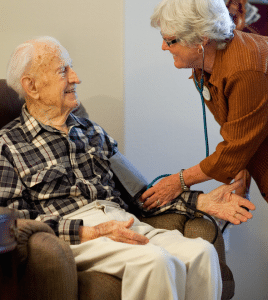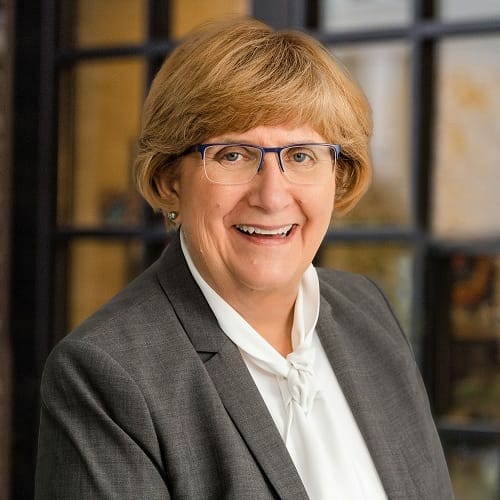
If you are the caregiver for your aging parent, it is important to know who is susceptible to shingles. There are approximately 1 million estimated cases of shingles in the U.S. per year. This frightening statistic estimates that one out of every three people will develop shingles at some point in their lifetime, and the elderly are particularly susceptible.
What is shingles?
Shingles is a painful, blistering skin rash that typically affects one side of the body. The disease most often shows up on the face or torso. The rash appears as a band or stripe in the affected area of the body after a short period of tingling, itching, burning, or stinging. Similar to chickenpox, after a few days, the rash will erupt into blisters. Most will only experience shingles in a single episode, but reoccurring cases have been known to happen. Outbreaks last about two to four weeks.
Shingles is caused by the same virus as chickenpox, varicella zoster virus (VZV). Many of us developed chickenpox during our youth after being exposed to VZV. After the chickenpox clears, the virus remains dormant within our body. But for some adults, for reasons that are not absolutely clear, the virus can reactivate and cause shingles.
Who is at risk of getting shingles?
Shingles is most common in elderly adults and those with weakened immune systems. Your risk of getting shingles increases with age. Approximately 50% of all shingles cases occur in adults over the age of 60, which is due in large part to their compromised immune systems.
How do you prevent shingles?
In 2006, the U.S. Food and Drug Administration (FDA) approved the shingles vaccine (Zostavax). Currently, the Centers for Disease Control and Prevention (CDC) recommends getting the vaccine at age 60 or older. Though more often you may hear recommendations to get it at 50 plus. It only has to be administered one time. It has been shown to reduce the risk of developing shingles by close to 60%. Although some can still develop shingles despite the vaccine, it will decrease the length and severity of an outbreak. We recommend that you consult with your physician if you have questions about the vaccine.
How is shingles treated?
Individuals with shingles can complain of severe pain and extremely sensitive skin, so treatment aims to diminish the effects of the virus and manage the pain. Most cases can be managed at home with care, but some adults with impaired immune systems or extreme symptoms may be admitted to the hospital.
If your parent is showing the signs of a rash or experiencing discomfort, bring them to their doctor to determine if they have shingles and the best care plan for their recovery. Their physician will recommend a treatment plan that can include antiviral medication to shorten the course of the illness and decrease the severity of the symptoms. These medications are most effective when administered within 72 hours of the rash appearing, so it is important to see a physician at the first signs of shingles. Pain medications can be prescribed to relieve the pain and discomfort of the rash. And some antihistamine medications can help relieve the itching.
At Aegis Living, it is our goal to keep your aging loved ones healthy. If you see signs of a rash or discomfort, consult their physician immediately.
